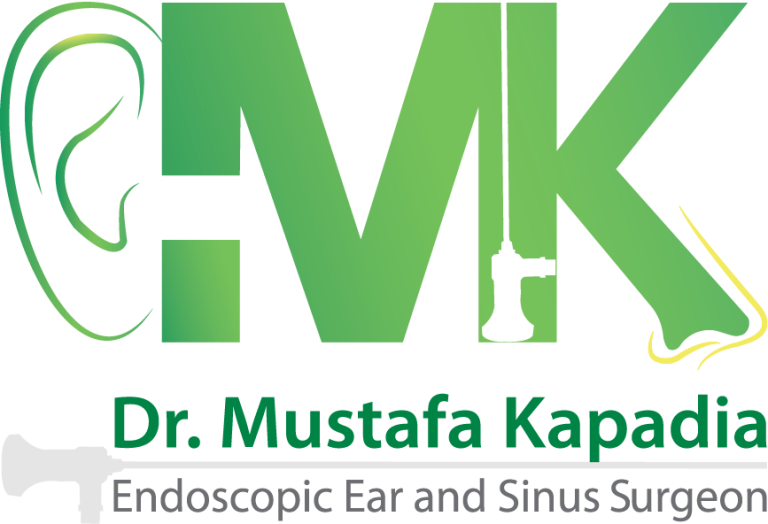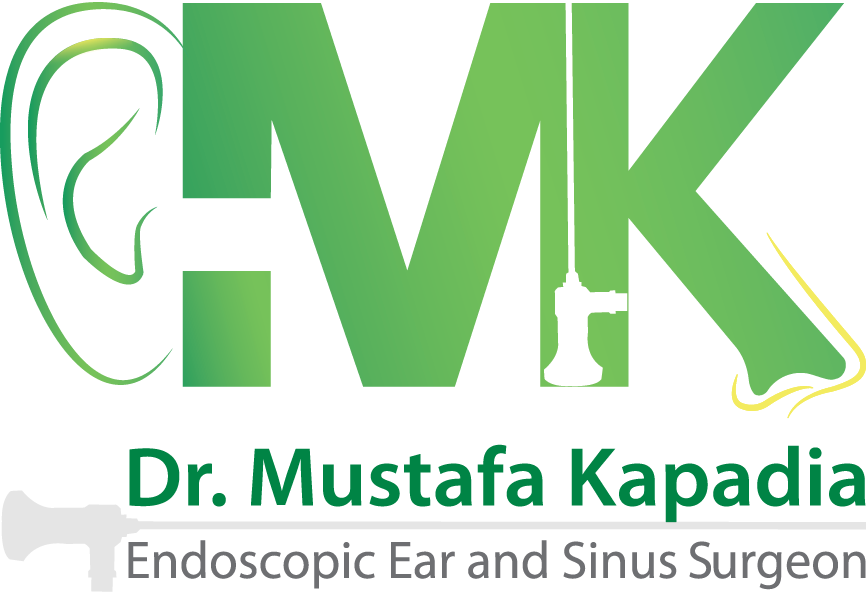Nasal Polyps Surgery
What are Nasal Polyps?
Nasal polyps are noncancerous growths on the lining of your nasal passages or sinuses that are soft and painless. They dangle from the ceiling like teardrops or grapes. Chronic inflammation causes them, and they are linked to asthma, recurrent infection, allergies, medication sensitivity, and some immunological diseases.
It might be possible that nasal polyps don’t create any symptoms. Larger growths or clusters of nasal polyps can obstruct your nasal passages, causing breathing difficulties, a loss of smell, and recurrent infections.
Symptoms:
Nasal polyps are characterized by prolonged irritation and swelling (inflammation) of the lining of your nasal passages and sinuses (chronic sinusitis).
Chronic sinusitis can, however, occur without the presence of nasal polyps.
Because nasal polyps are soft and lack feeling, you may be unaware that you have them if they’re tiny. Multiple growths or a big polyp might obstruct your sinuses and nasal passageways.
The following are some of the most common indications and symptoms of chronic sinusitis with nasal polyps:
• A stuffy or blocked nose
• Flu symptoms that doesn’t go away
• Nasal discharge / Postnasal drip
• Altered or loss of sense of smell
• Headache or facial discomfort
How are Nasal Polyps Diagnosed:
Nasal polyps can be diagnosed in the clinic using an endoscope. Your doctor will insert a flexible or rigid endoscope tube with a light and camera at the end into your nasal passage to evaluate your sino-nasal pathway.
A CT or MRI scan may be required to establish the exact size and location of the polyp. On these images, polyps appear as opaque patches. Scans can also indicate whether the polyp caused any bone deformation in the region. It can also rule out other types of growths, such as structural abnormalities or malignant growths, which can be more medically dangerous.
If a young kid has nasal polyps, genetic testing for illnesses such as cystic fibrosis may be required.
What are the causes of Nasal Polyps:
Nasal polyps form in irritated nasal mucosa tissue. The mucosa is lined by a thin coating of mucus that protects the interior of your nose and sinuses while also humidifying the air you breathe. The nasal mucosa gets swollen and red during an infection or allergy-induced irritation.
The mucosa may produce a polyp if it is irritated for a long time. A polyp is a tiny cyst-like development that can obstruct nasal passages.
Although some people acquire polyps without ever having had an issue with their nose, there is usually a trigger. These are some of the triggers:
• Sinus infections that are persistent or recurrent
• Asthma
• Allergic rhinitis is a condition in which the nose becomes inflamed (hay fever)
• Cystic fibrosis is a disease that affects the lungs.
• Sensitivity to NSAIDs (nonsteroidal anti-inflammatory medications) like ibuprofen or aspirin
Some people may have a genetic propensity to develop polyps. It might be due to the way their genes influence how their mucosa responds to inflammation.
Treatment of Nasal Polyps:
Most common underlying cause of nasal polyps is allergy. The most efficient way of treating allergies is by oral steroids, but due to its long term side effects we cannot take it for longtime. The treatment of nasal polyps includes surgery and medical management. Functional Endoscopic Sinus surgery (FESS) is done to remove all polyps, open up drainage pathways of all the sinuses and provide a pathway for post-op use of Nasal steroids. Patients need to use Nasal steroids after surgery otherwise there is a very high probability of nasal polyps to come back.

